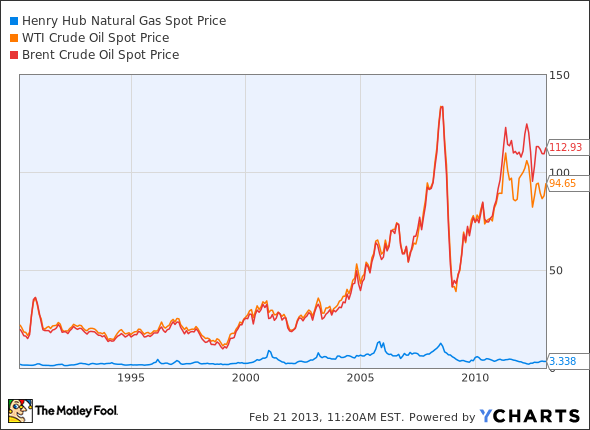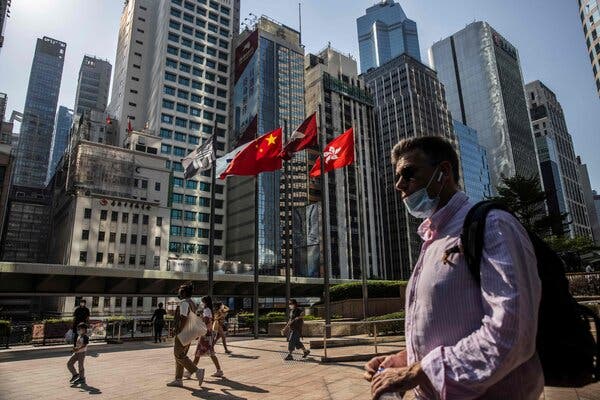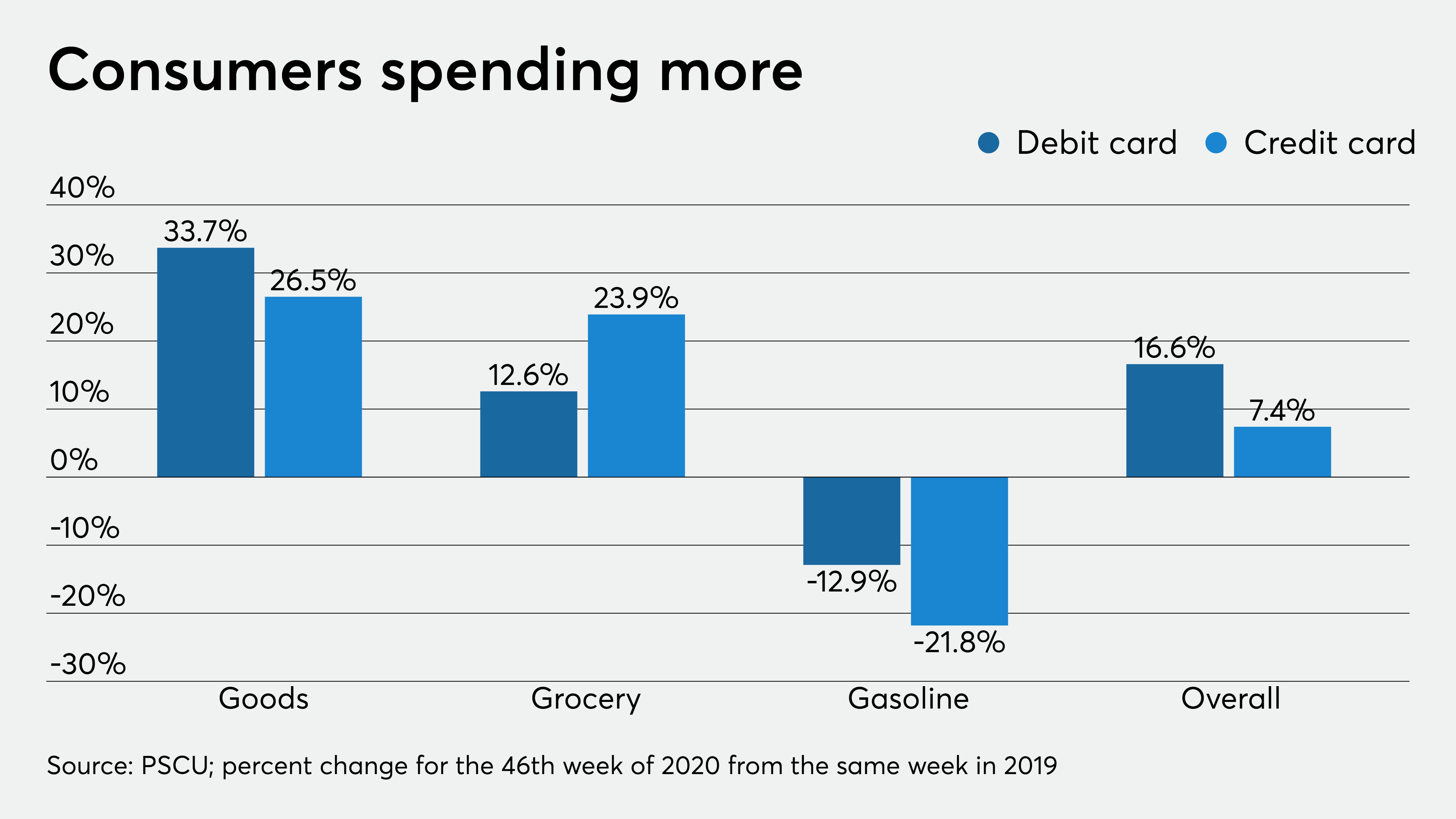EU's Plan To Phase Out Russian Gas: Spot Market In Focus

Table of Contents
The Urgent Need for Diversification
Russia's weaponization of its gas supplies has brutally exposed the EU's vulnerability. The energy crisis of 2022 underscored the critical need for a robust diversification strategy, moving away from over-reliance on a single supplier. Energy independence is no longer a desirable goal, but an absolute necessity for the EU's economic and political stability.
- Gas Supply Diversification: The EU is actively pursuing a multi-pronged approach to diversify its gas sources. This involves:
- Increased LNG imports: Significant investments are being made in expanding LNG (Liquefied Natural Gas) import terminals across the EU, allowing for increased imports from countries like the US, Qatar, and Norway.
- Strengthening pipeline partnerships: The EU is forging stronger ties with alternative pipeline gas suppliers, particularly in the North Sea region and the Caspian Sea basin.
- Alternative energy sources: The EU is heavily investing in renewable energy sources such as solar, wind, and hydro power to reduce its overall reliance on natural gas. This includes substantial funding for research and development in hydrogen as a future energy carrier.
- Strategic gas storage: Expanding and improving the EU's strategic gas storage capacity is crucial to manage seasonal demand fluctuations and ensure sufficient reserves during periods of supply disruption.
This comprehensive strategy aims not only to replace Russian gas but also to build a more resilient and secure energy system for the future.
The Spot Market's Growing Importance
The spot market for natural gas, where buyers and sellers transact on a short-term basis, is rapidly gaining prominence in the EU's energy mix. This shift away from long-term contracts with Russia offers significant advantages:
- Flexibility and Responsiveness: The spot market allows for greater flexibility in adjusting gas purchases to meet real-time demand fluctuations, offering a level of responsiveness absent in long-term contracts.
- Reduced Reliance on Russia: The increased use of the spot market directly reduces the EU's dependency on long-term supply agreements with Russia, lessening its vulnerability to geopolitical pressures.
- Price Volatility: A major challenge associated with the spot market is price volatility. Fluctuations in supply, demand, and geopolitical events can lead to significant price swings, impacting both consumers and businesses. Effective risk management strategies, including the use of futures contracts, are crucial to mitigate these risks.
- Geopolitical Impacts: Geopolitical instability and unexpected events can dramatically affect spot gas prices. The war in Ukraine serves as a stark reminder of the potential for sudden and significant price increases in the global gas market.
The EU's transition to a more spot market-driven approach necessitates robust risk management strategies and adaptive policy responses.
Challenges and Opportunities of the Spot Market
The increased reliance on the spot market presents both significant challenges and opportunities:
- Price Fluctuations: Mitigating the impact of unpredictable price fluctuations on consumers and businesses is paramount. This requires a combination of robust regulatory frameworks, innovative risk management tools, and diversification of energy sources.
- Market Manipulation: Strong regulatory frameworks are necessary to ensure market transparency and prevent potential manipulation or price collusion.
- Infrastructure Limitations: Existing gas infrastructure may not be adequately equipped to handle the increased trading volumes characteristic of a more active spot market. Significant investments in pipeline capacity and storage facilities are needed.
- Increased Competition: The growth of the spot market can foster increased competition among gas suppliers, potentially leading to more favorable prices for consumers.
- Technological Innovation: The spot market presents opportunities for innovation in gas trading technology, including the development of more sophisticated trading platforms and risk management tools.
The Role of the EU in Shaping the Future of the Gas Market
The EU plays a pivotal role in shaping the future of its gas market through various policy initiatives:
- EU Energy Policy: The EU's overarching energy policy is geared towards achieving energy independence, diversification, and a transition to a low-carbon economy.
- Regulatory Reforms: The EU is implementing regulatory reforms to promote competition, transparency, and consumer protection in the gas market.
- Investment Incentives: Significant financial incentives are being offered to encourage investment in renewable energy infrastructure, energy efficiency measures, and grid modernization projects.
- Member State Coordination: The EU plays a crucial role in coordinating gas supply diversification efforts among its member states, ensuring a cohesive and effective response to the challenges of the energy transition.
- Green Energy Transition: The long-term vision of the EU is a fully decarbonized energy system, with renewable energy sources playing a dominant role.
The EU's proactive role is fundamental in ensuring a smooth and successful transition away from Russian gas while building a sustainable and secure energy future for its citizens.
Conclusion
The EU's decision to phase out Russian gas has fundamentally altered the European energy market. The increased reliance on the spot market presents both significant opportunities and considerable challenges. The flexibility it offers is crucial for energy security and diversification, but its inherent price volatility demands careful management and robust regulatory frameworks. To navigate this transition successfully, the EU must continue its significant investment in renewable energy sources, diversify its gas supply chains, and further strengthen the regulatory environment governing the spot market. Understanding the intricacies of the EU's plan to phase out Russian gas and the growing importance of the spot market is vital for businesses, policymakers, and citizens alike. Stay informed and engaged with the latest developments on the spot gas market and the EU's ambitious energy transition plans.

Featured Posts
-
 Chinese Stocks Rally In Hong Kong Amidst Trade Optimism
Apr 24, 2025
Chinese Stocks Rally In Hong Kong Amidst Trade Optimism
Apr 24, 2025 -
 Draymond Green Moses Moody And Buddy Hield Join 2024 Nba All Star Festivities
Apr 24, 2025
Draymond Green Moses Moody And Buddy Hield Join 2024 Nba All Star Festivities
Apr 24, 2025 -
 Us Stock Futures Surge On Trumps Powell Remarks
Apr 24, 2025
Us Stock Futures Surge On Trumps Powell Remarks
Apr 24, 2025 -
 Fatal Incident Shark Activity And Missing Swimmer At Israeli Beach
Apr 24, 2025
Fatal Incident Shark Activity And Missing Swimmer At Israeli Beach
Apr 24, 2025 -
 The Impact Of Reduced Nonessential Spending On The Credit Card Industry
Apr 24, 2025
The Impact Of Reduced Nonessential Spending On The Credit Card Industry
Apr 24, 2025
